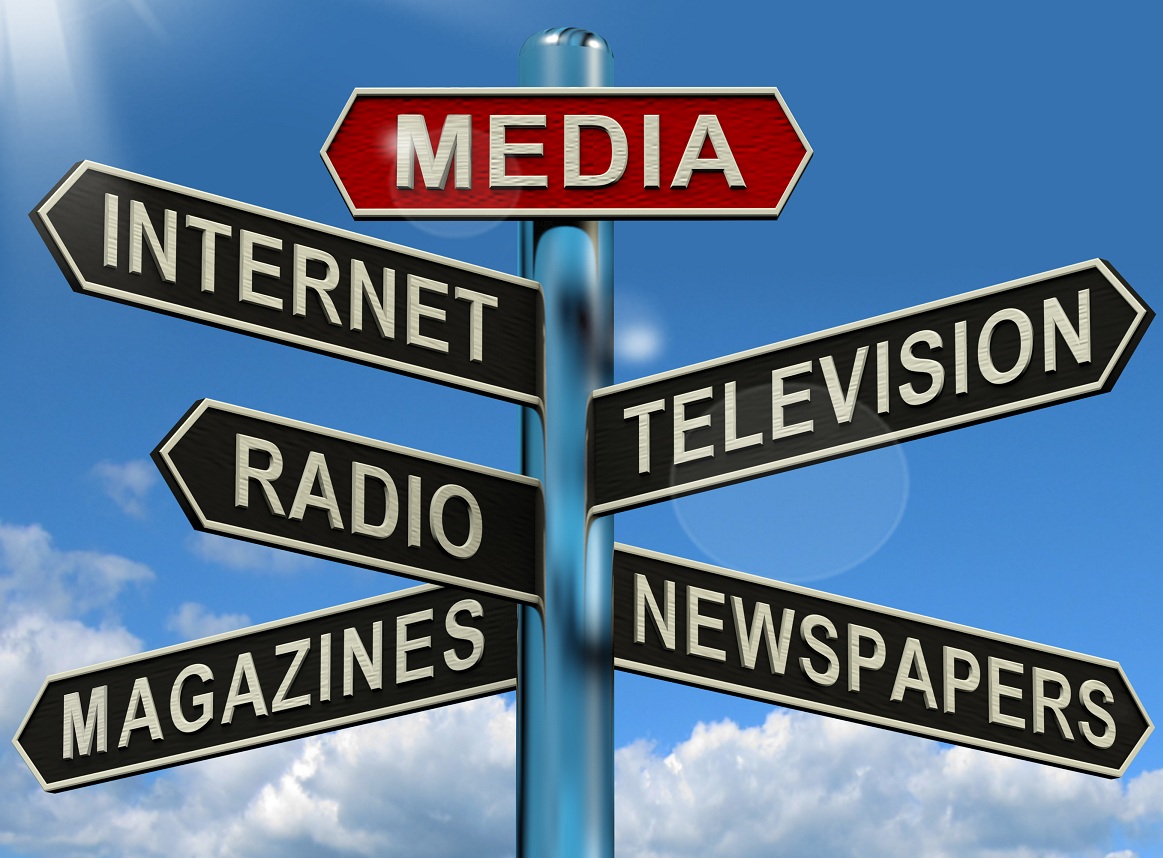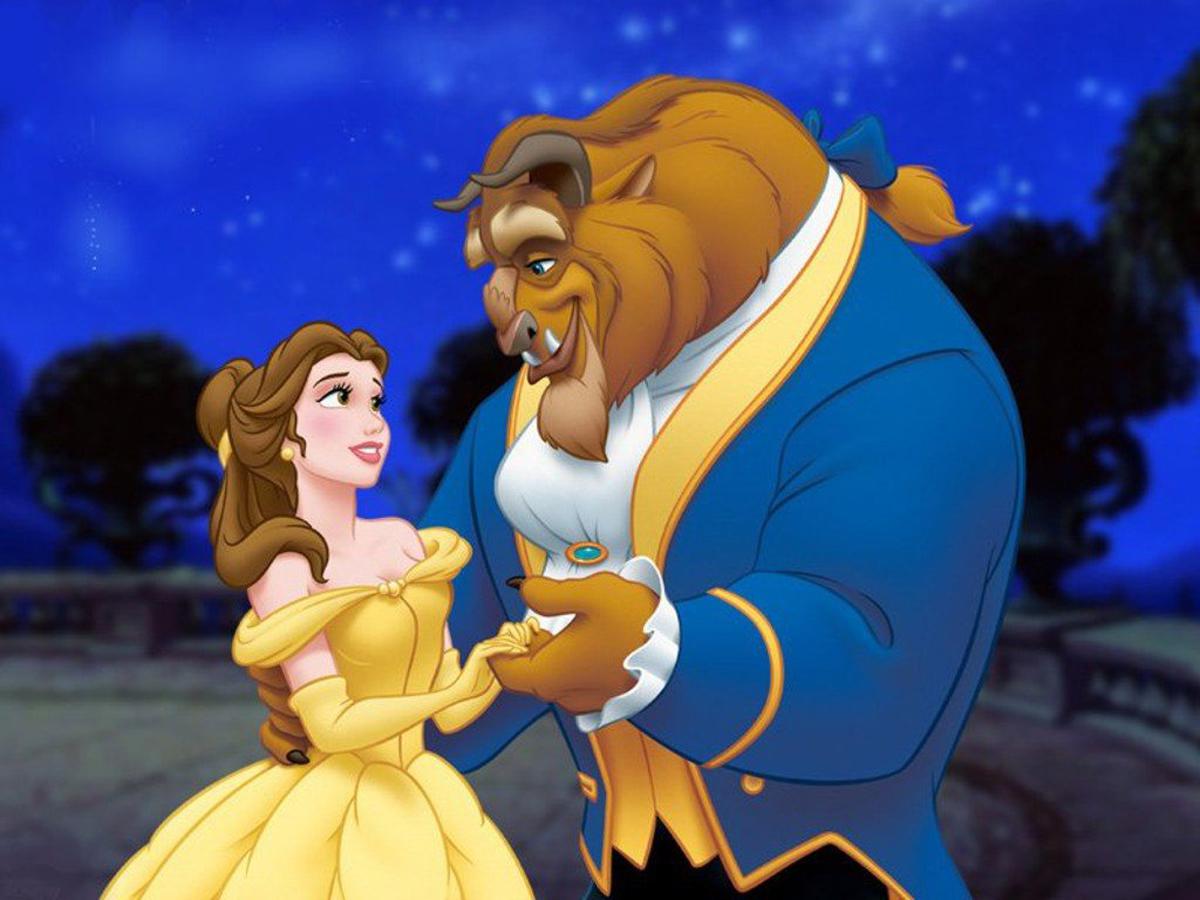Media Regulation (China, Twitter, Kominfo)
Blackface - LGBT - Violence - Offensive language (In the past? Now?)
Government change and becomes strict
Section 230 - Social Media can't be held accountable
Action only after people complain (Offensive item already in circulation, Banning makes it popular)
Less freedom, over censorship ---> kids movie censorship
Public backlash (Internet makes it easy to communicate)
Piracy and streaming sites avoid censorship
YouTube ---> easy to view content (community based)
Analyze the ways in which contemporary media regulation reflects its period. [15]
There are many ways in which contemporary media regulation in the digital age reflects its period. China and its government's role in regulating the media fall under this. Some ways of regulating media include preventing misdirection towards the younger audience and the censoring of unhealthy content for the populace. This however, has changed over the past and has led the government to become more strict. This is evident and can be seen from the American show called "Friends" that has been published and distributed by Chinese streaming platform called Sohu Video.
Originally, Sohu Video owned the distribution rights from the year 2012-2018 and initially showed Friends uncensored. However, in 2021 HBO Max hosted a Friends Reunion which sparked many interest in the show since it ended including in China. This led to some of the streaming websites in China like YouKu to purchase the rights for the Chinese market. However, this time many episodes were censored. An example of what has been censored can be seen when two of the main casts went in for a joke driven kiss. This can be seen from the episode named "The One With The Lesbian Wedding", even the title itself can produce controversial insight into what can be shown during the episode. The problem here occurs when we realize that these two people are of the same sex. This has led to LGBT remarks and thus resulting in the Chinese government censoring the episode and cutting off that specific scene in the Chinese market.
This is all due to the Chinese guidelines issued in 2015 by the Chinese censors on vulgar, immoral, and unhealthy content and the banning of abnormal sexual relationships and behaviors including same sex relationships in films and television. Also in the same year, China ordered all foreign TV series to obtain a license before being broadcast in the country.
'Media Regulation is failing everyone.; How far do you agree with this statement? [15]
Media regulation is failing everyone due to the fact that companies only take action after the offensive item has been in circulation and can be seen by the public eye. The US law section 230 from 1996 states that a media platform is not held responsible for the content published and distributed in their site. The company itself must regulate its own content as long as it acts in good faith.
A prime example of this is Twitter. Twitter has a set of rules and policies that regulate the types of content that can be shared on its platform. These include rules against hate speech, harassment, and the sharing of illegal or harmful content. Twitter also has guidelines around the use of automation and bots. They use a combination of user reports and automated systems to identify and remove violative content. Companies like twitter however, may only regulate media that has been posted or published. This type of regulation fails everyone due to the fact that there is still a brief moment where that offensive content is still viewable by the public.
This kind of regulation can lead to both good and bad. The company will either over censor their content, or yet even have a lack of censorship for content that has been published. This can lead to less freedom or make the banned item become popular. An example is when an internet personality gets banned in Twitter. A recent case such as this is when Andrew Tate was accused for violating community guidelines in Twitter falling under the "dangerous individuals and organizations" section. This ban has led Tate to blow up and be all over the news for a few days. This kind of thing can then make people curious on the ban and stick their heads where they shouldn't.
Analyze the challenges of regulating media in the digital age. [15]
There are many challenges of regulating media in the digital age, some of these include public backlash, piracy, leaks, and misinformation from community based content. The internet allows really easy and efficient communication between members of a community when something bad happens. A great example of this is when Steam, a video game digital distribution service and storefront made in 2003, and many other applications and websites were blocked by the Indonesian Ministry of Communication and Information Technology called Kominfo. The Steam block occurred around July of 2022 and has sparked a public backlash led by the Indonesian netizens.
These people took to social media platforms such as Twitter, YouTube, and Instagram and began a digital movement in hopes for the Indonesian Government to lift the ban. People began making memes and doing everything they could to mock Kominfo and they even tried to hack the official government website for Kominfo. After several days and weeks of public backlash the regulators had to back down and they lifted the ban on the 2nd of August 2022.
Other challenges of regulating media in the digital age include piracy and free streaming websites available in the internet. The act of pirating a media text is one of the most common forms of challenge offered to the media regulators. These pirating websites basically bypasses all censorship and allows content that has been banned by the media regulators in the country to be obtainable. Such items include movies, shows, video games, and even applications & software.
Lastly, the act of leaking and spreading misinformation from the community itself is a big problem for the companies targeted and the media regulators involved in the process. YouTube and other social media platforms like TikTok and Instagram are a prime source of these leaks. The companies



Comments
Post a Comment